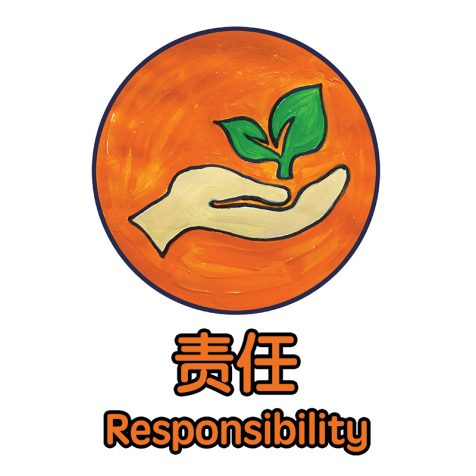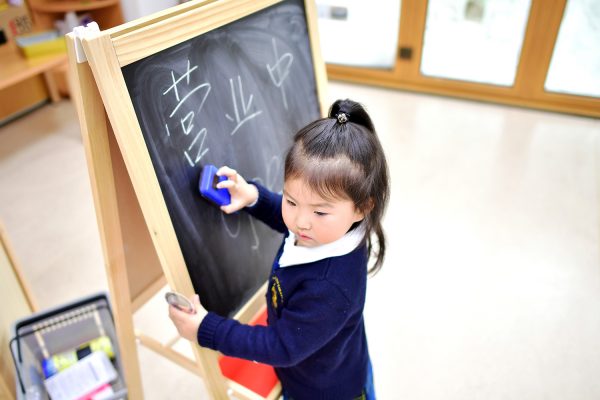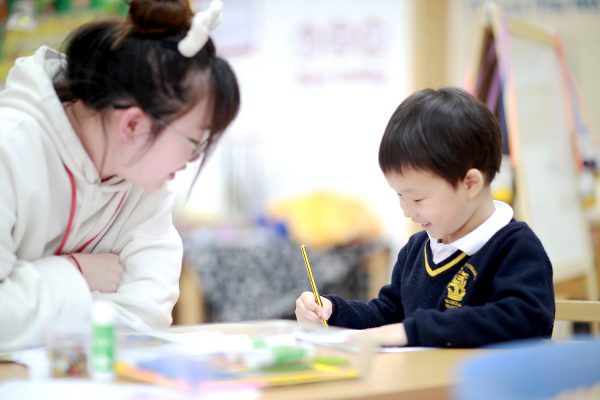
Learning about responsibility is one of our most hands-on values at Wellington College Bilingual Shanghai (early years). As young children grow in our care, our community supports them to take small steps each day to become independent, resilient, and resourceful by taking on age appropriate responsibilities. By both encouraging responsibility and taking it ourselves as adults, educators and caregivers, we create a supportive and safe learning community for all.

Wellington College Bilingual Shanghai is committed to being a holistic, pupil-centred, fun, and progressive setting for young children. To achieve this, the safety and wellbeing of the children in our care is always our first priority. Our educators plan and maintain safe and healthy learning environments, with the ongoing support from our hard working and professional PMC team. In addition to holding teaching credentials, the teaching staff is committed to professional development to ensure we are undertaking our duties to the best of our abilities, in line with best practice around the globe. These sessions include presentations from outside experts or those with specialist knowledge, followed by collaboration from the team to bring these exciting and meaningful new approaches to learning into our setting. The staff also attend safeguarding courses and first aid training to ensure they have the knowledge and skills they need to address emergencies in the unlikely event that they arise.
You cannot escape the responsibility of tomorrow by evading it today. - Abraham Lincoln
From the day they begin their learning journey with us, children undertake tasks as they learn to care for themselves, the setting, and others. While these expectations grow and change with the children, we work hard to support them to be responsible whenever possible. The physical environment is purposeful and set up so that children can succeed as they learn to do things for themselves. To nurture independence children are given time and space to try and try again safely as they learn. As adults we sometimes see young children who cannot do something as making mistakes. Children are hands on, experiential learners. If a child cannot do something today, we try again later today or tomorrow. Progress comes from doing what a child can do now with support and encouragement so later they can take responsibility for it themselves when they are ready. Learning to be responsible for small tasks such as clean up, self-care, and feeding as a young child builds the skills that contribute to academic and personal success later in life. It prepares children to regulate their own behaviour, build healthy eating and exercise habits, and manage their own academic work. When children are involved in and take some responsibility for their own learning, they become an active part of the process. This leads to deeper learning and better understanding of information.
We won’t have a society if we destroy the environment. - Margaret Mead
Responsibility also means understanding that each of us has an important role to play in society, and our service to others both makes our world a better place to live and enriches our personal sense of wellbeing and happiness. Not just charity, but gratitude and sustainable living begin at home. Leading by example as adults, parents and educators lets children see how many small acts can make a deep and lasting impact on our community and world. In a world that is sometimes seems to have an overwhelming number of environmental and social challenges, helping children understand that they can be responsible for making choices that help rather than harm others can be very empowering.